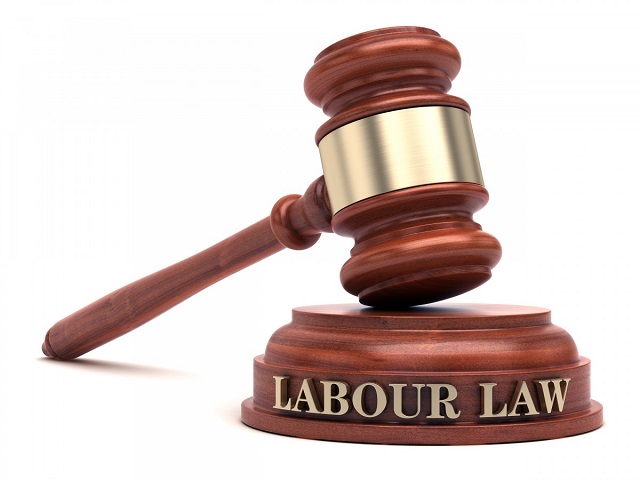Presiding over disciplinary hearings can be problematic

Davies Ndumiso Sibanda, Labour Matters
ONE of the most difficult, problematic and sometimes controversial tasks is to preside over a disciplinary hearing, as at times alleged offenders complain that the hearing was unfair.
Disciplinary hearings are quasi-judicial proceedings and as such all who preside over them must be properly trained in weighing the evidence for or against an alleged offender.
This will allow the disciplinary hearing committee to arrive at an objective conclusion on whether the employee is guilty or not and thereafter decide on appropriate action.
I have written a lot of articles on how to preside over disciplinary hearings and there is also a lot of literature on the Internet.
Many managerial employees who preside over disciplinary hearings do not look for evidence to help them decide but focus on getting rid of an employee at all costs.
Juliet, a head of department in a local firm was recently asked by human resources to preside over a disciplinary hearing and was instructed to make sure the employee gets dismissed.
During the hearing, evidence presented showed that the employee was innocent. She adjourned the hearing and consulted the human resources manager who said, evidence does not matter, ignore it and dismiss.
The matter now lies before the Labour Court where the employee’s lawyer is arguing that tendered evidence absolving their client was ignored.
Juliet says she is worried by the loss and has advised the CEO who has instructed the company lawyers to push an Out of Court Settlement.
An Out of Court Settlement will obviously cost the organisation in terms of skills loss and financially.
The question that has been asked many times is why do such unfair acts occur? There are many reasons and the major ones are ignorance of labour law related to presiding over disciplinary hearings and blind desire by employers to get rid of employees at all costs.
When presiding over disciplinary hearings, there is a need for the presiding official and his committee members if any, to keep an open mind and not prejudge at the same time avoiding bias by listening to all submissions and other evidence before making a determination.
Those with the duty to select a presiding official have a duty to protect the business from litigation related to unfairly handling of a case.
Where the presiding officer is conflicted, he or she has to recuse himself to allow for just handling of the case.
However, there are workers who will allege the presiding official is conflicted in order to delay the hearing.
Such acts should be managed through getting the worker to explain why the hearing official should recuse himself.
In conclusion, presiding over disciplinary hearing requires thorough training as there are many complex issues to be understood before one can effectively preside over a hearing.
Davies Ndumiso Sibanda can be contacted on: Email: [email protected]











Comments